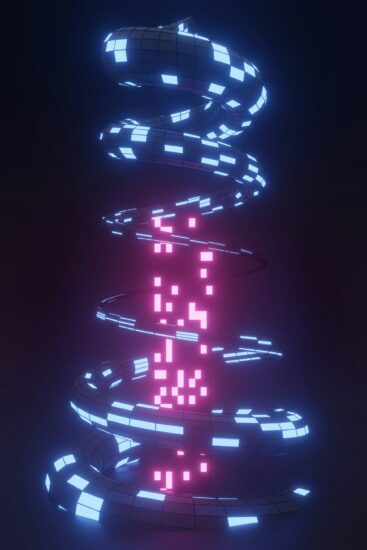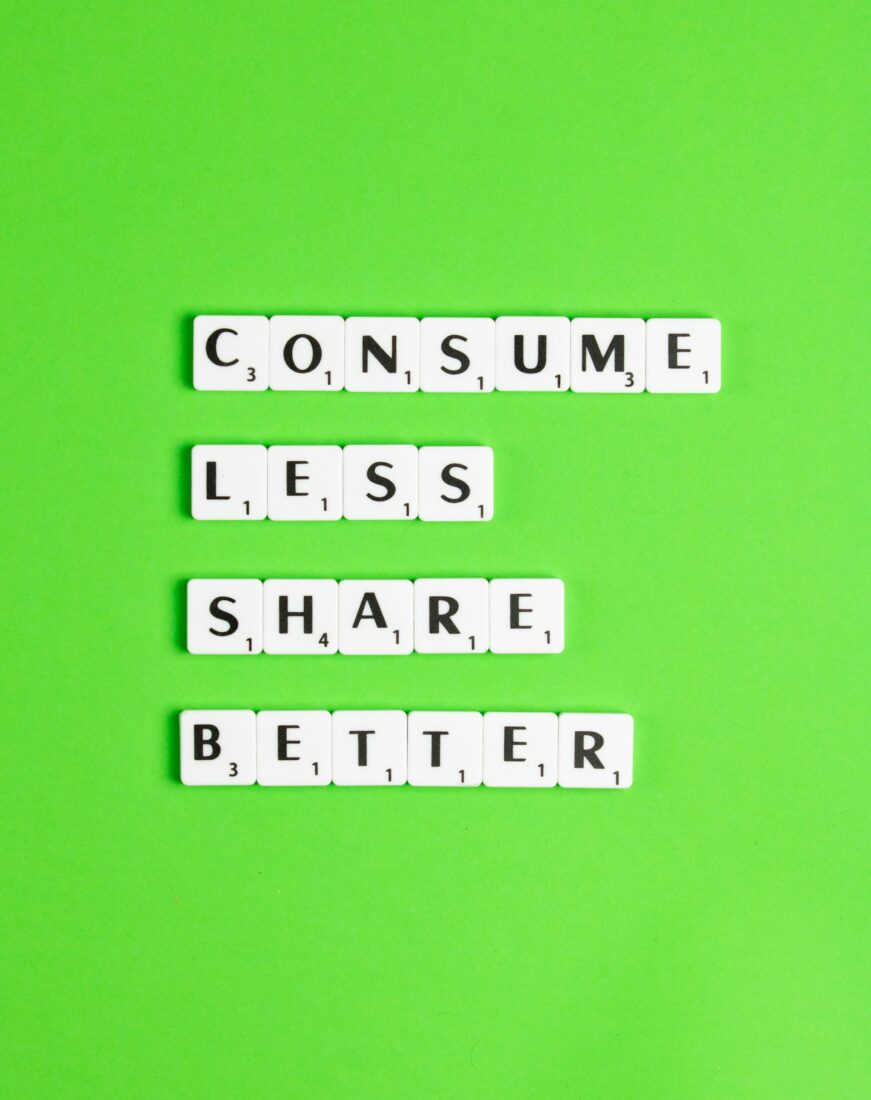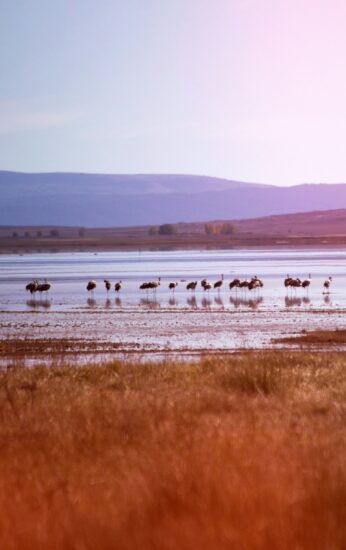
Digital fresco: taking action for a responsible digital future
Would you like to identify ways of reducing the ecological impact of digital technology in your company?
Accueil » Trainings » Ecological Transition training » The circular economy fresco: Identifying levers for action

On completion of this course, trainees will be able to :
Executives, managers, key members of the company involved in the ecological transition project
None
3.5h (1/2 day)
On-site at the company’s premises or at the training organization’s premises
Intra- and inter-company
Inter / Presential : 252€ NET tax / participant
Inter / Distanciel : 199€ NET tax / participant
Intra / Presential : 1393€ NET tax / group
Intra / Distanciel: 993€ NET tax / group
The Circular Economy Fresco is acollective intelligence workshop.
Structured in two stages, participants gather in groups of five to seven around a table.
The workshop is divided into two chapters, exploring the history of natural resource use and the impact of human activities on the environment. After this observation phase, participants discover the levers for action to build an economy that respects the balance of life.
This face-to-face workshop takes place without the use of digital tools, which encourages discussion.
Face-to-face or remote workshop facilitation.
Intervention methods :
Teaching method: learning-based pedagogy with alternating interactive activities using the group’s collective intelligence and content input by the trainer.
Technical resources:
Minimum 6 people for inter
Maximum 14 people
The workshop is organized by a trainer certified by the association La Fresque de l’Economie Circulaire.
La Fresque de l’Economie Circulaire is an association that trains volunteer and professional facilitators.
Professional facilitator profiles are selected on the basis of the trainers’ professional experience and areas of expertise.
Pre-course needs questionnaire and learning assessment quiz to better understand the audience’s level and expectations.
Follow-up and support for participants during case studies, exercises, role-playing and in-session tests.
Assessment of knowledge through a Quiz at the end of the course.
Post-training satisfaction and evaluation questionnaire.
Certificate of completion

Would you like to identify ways of reducing the ecological impact of digital technology in your company?

Would you like to expand your knowledge of climate and acquire a solid base of key knowledge on biodiversity?

Raise awareness and help companies define a circular economy approach and formalize an action plan to kick-start the ecological transition.